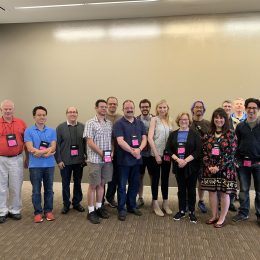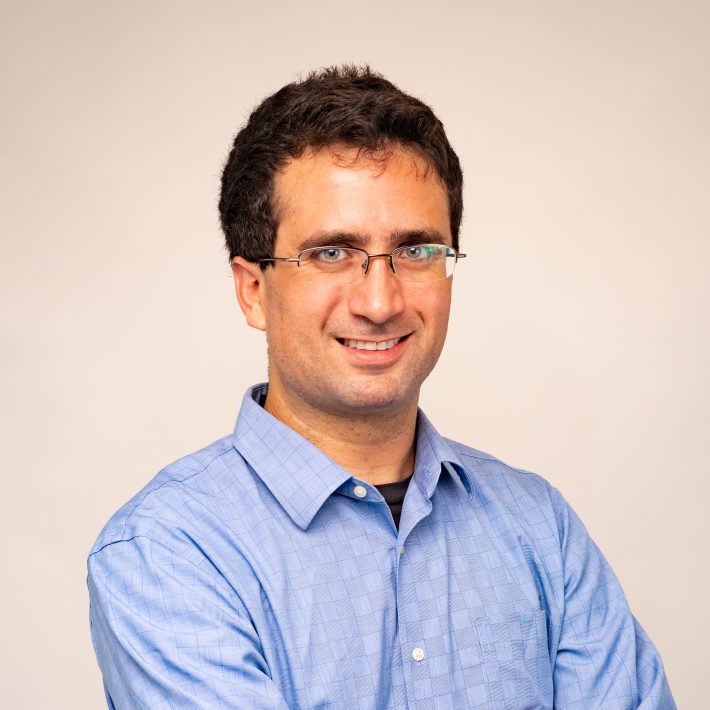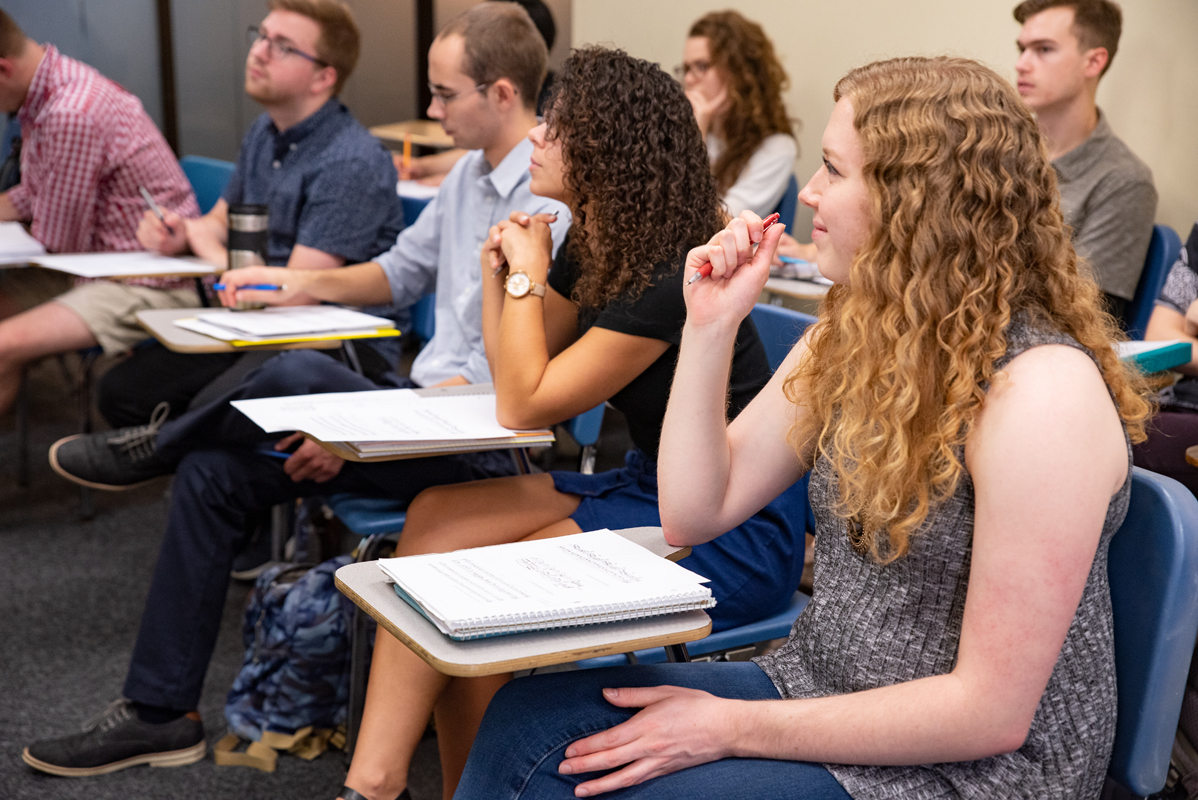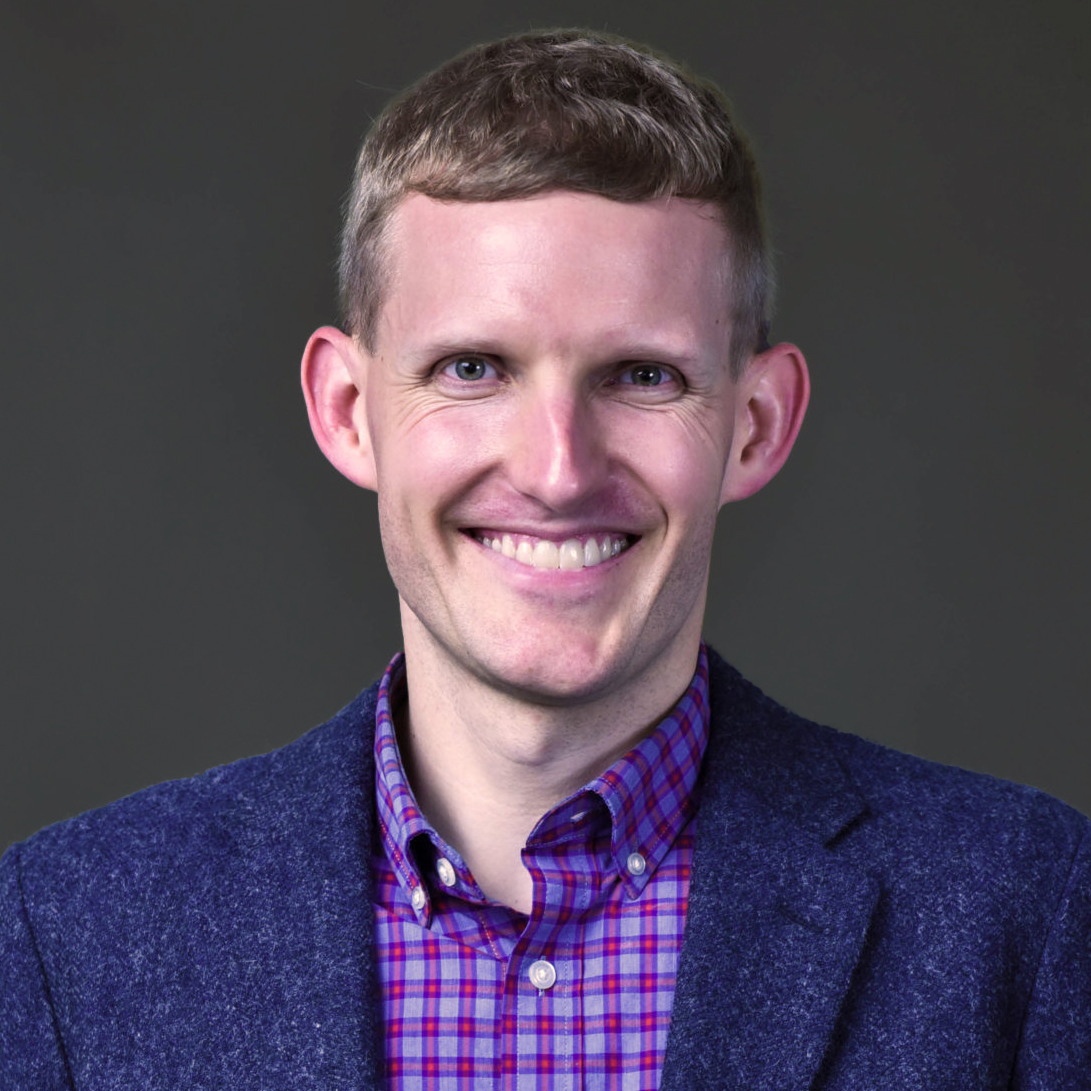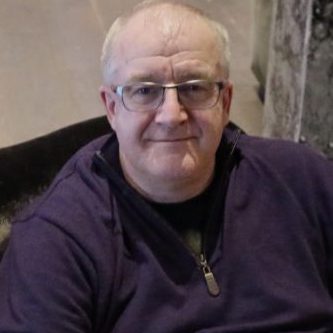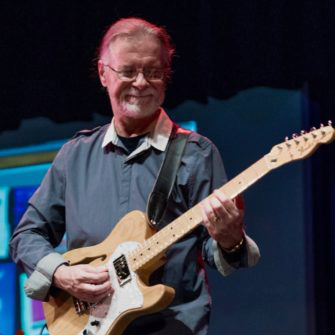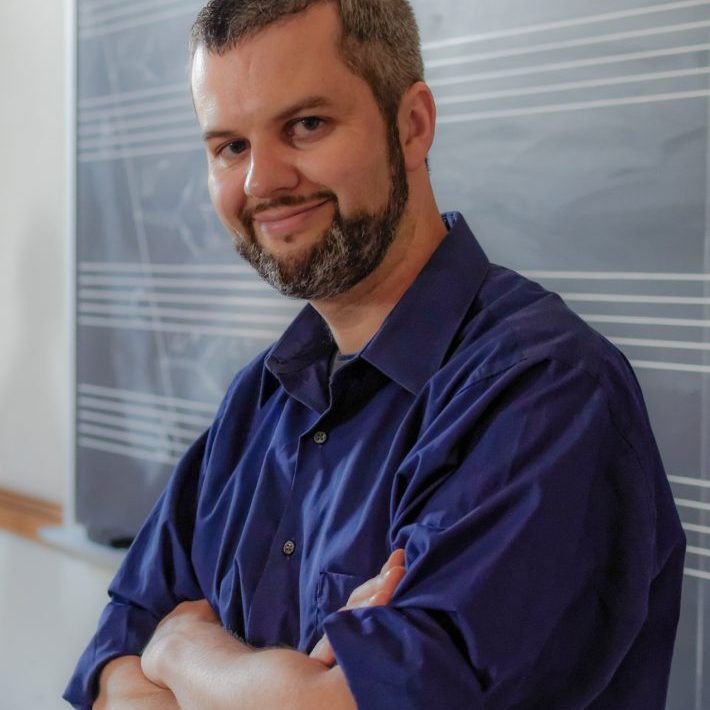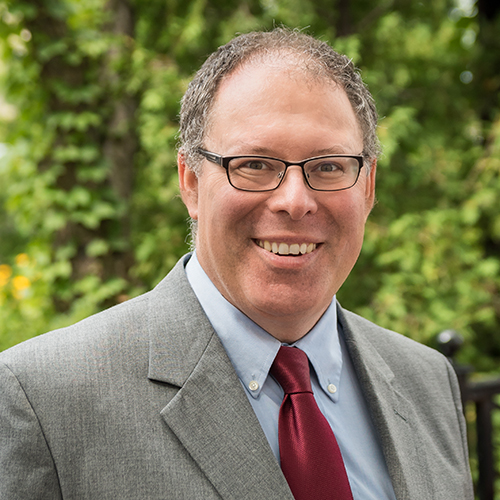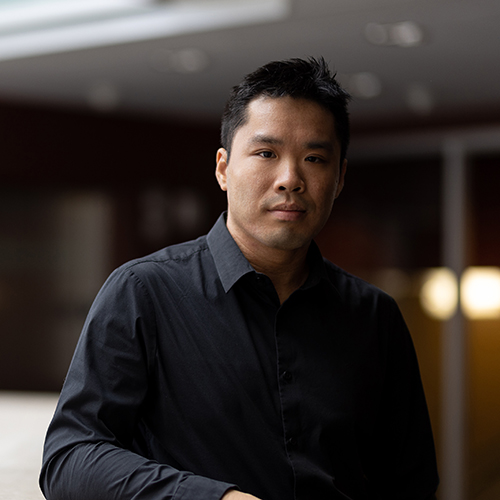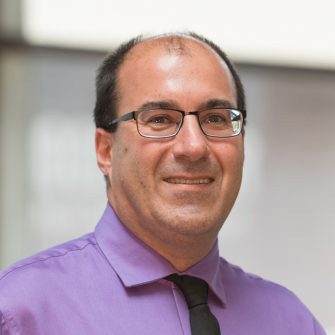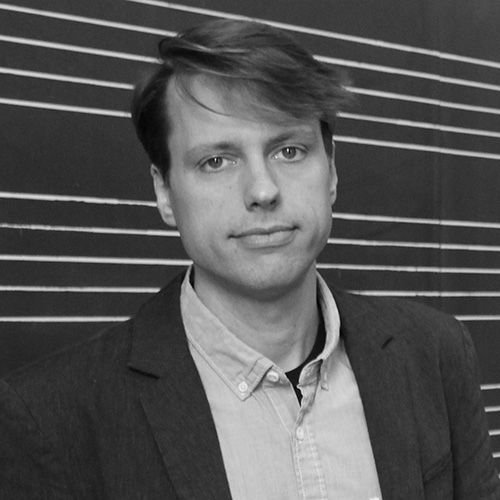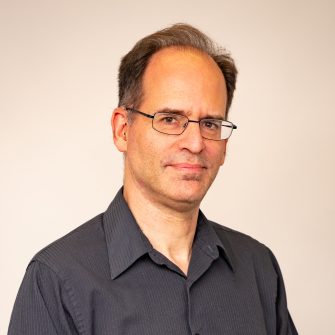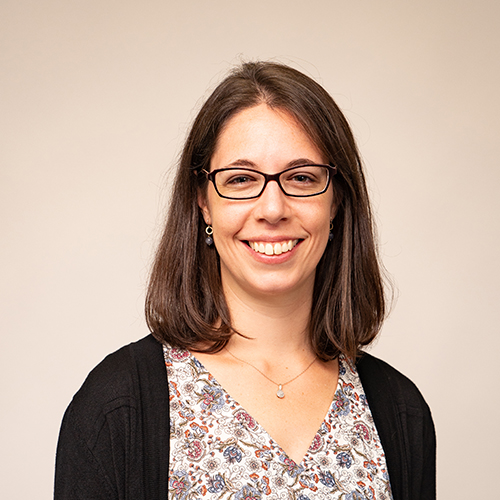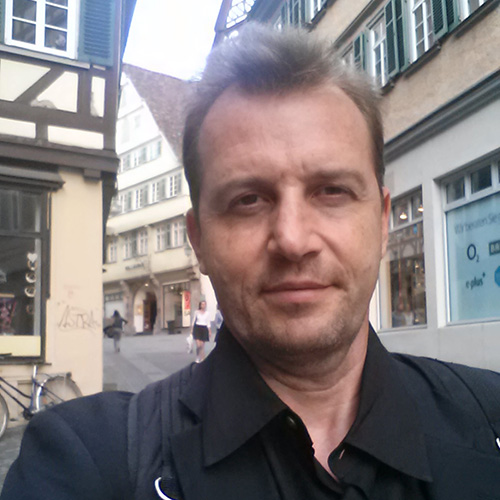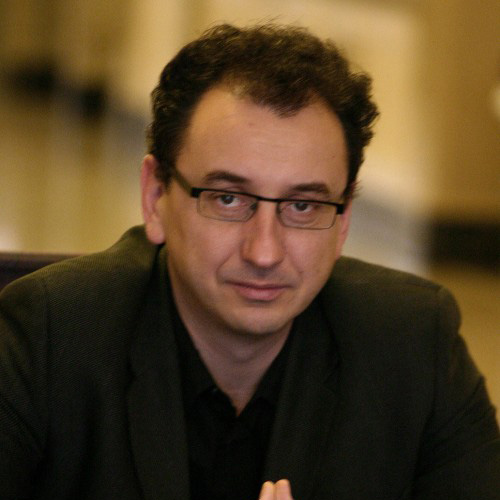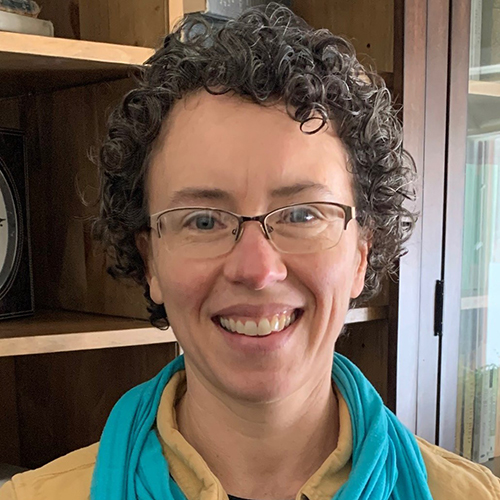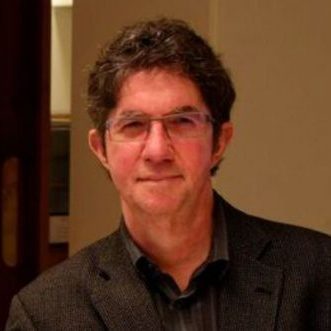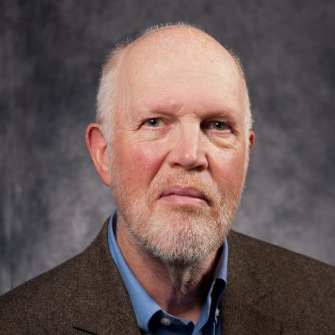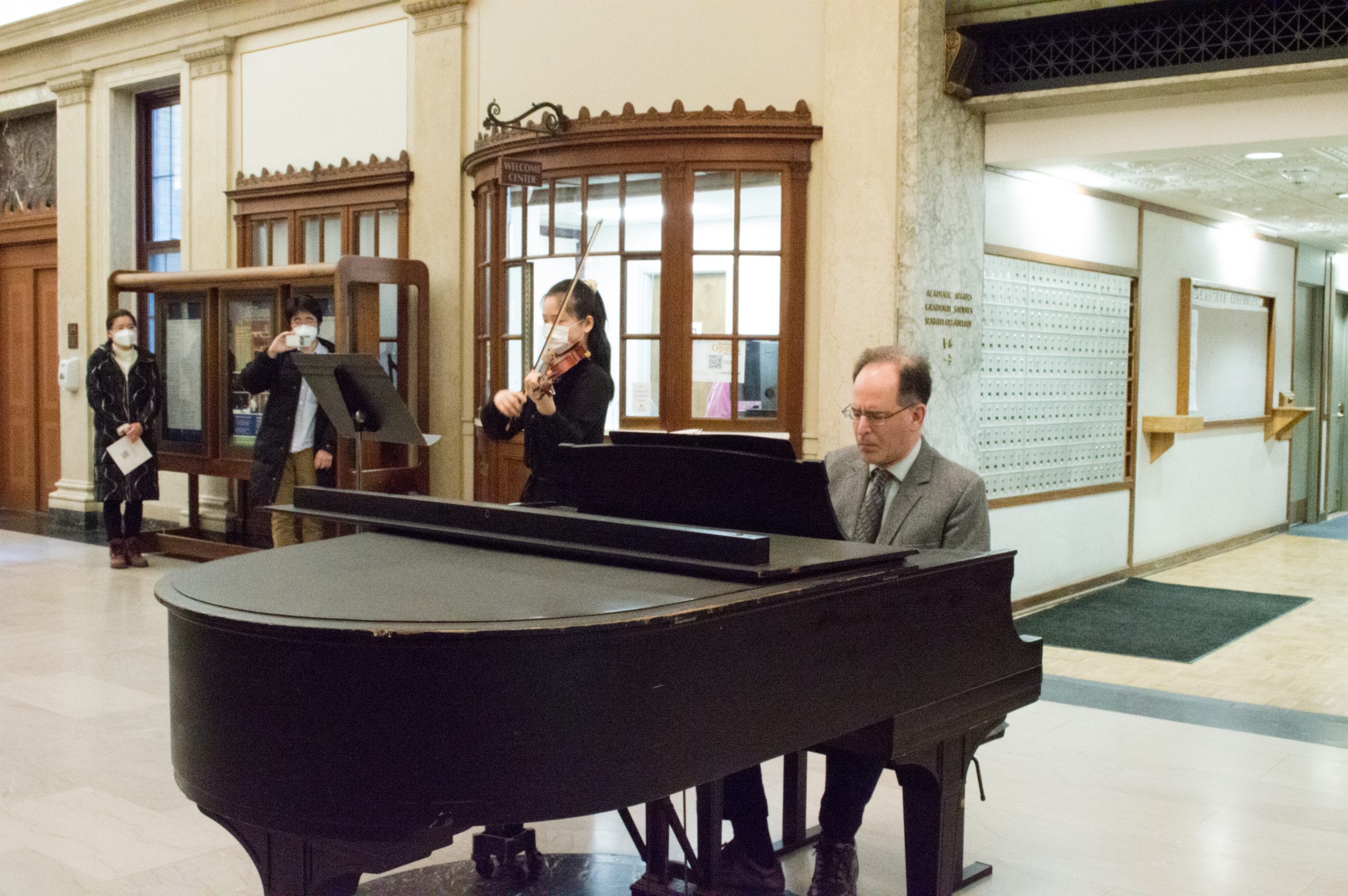The undergraduate core curriculum consists of five sequential semesters of study, with coordinated skill-development in written and aural skills. All students learn to analyze a range of works in diverse styles and compose short compositions in specific styles. Coordinated aural skills classes develop the ability to transcribe music, improvise, and read music of progressive complexity at sight. Students who need to review music fundamentals will take an introductory course in their first semester; those who exempt the review course will have the option to take a topical seminar of their choice as their fifth semester of study. Placement in theory classes depends upon the ability, background, and individual needs of each student, as determined by written examinations and interviews during orientation. A four-semester honors track is also offered for students with appropriate background, and students can audition to major in theory as undergraduates.
The core curriculum is the required program of study for all undergraduates at Eastman. Students pursuing the BM in Music Theory enroll in additional advanced courses, and their studies culminate in a senior thesis project, presented both as a written document and in a public lecture.
